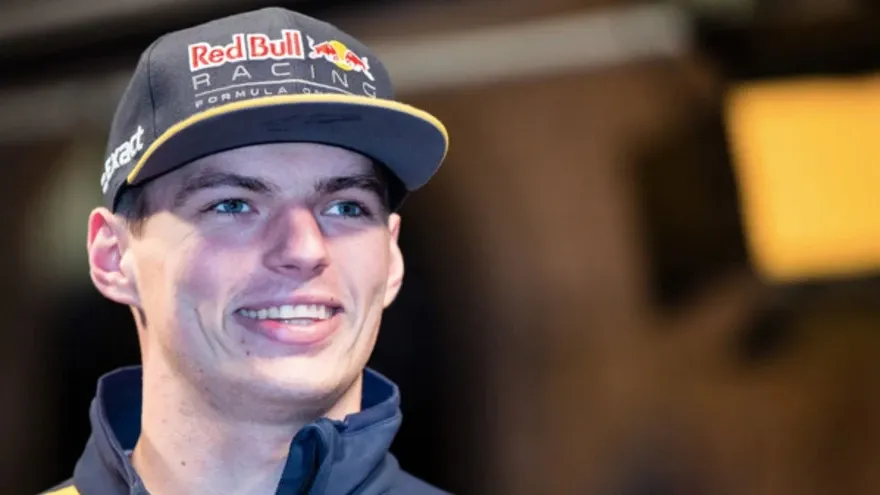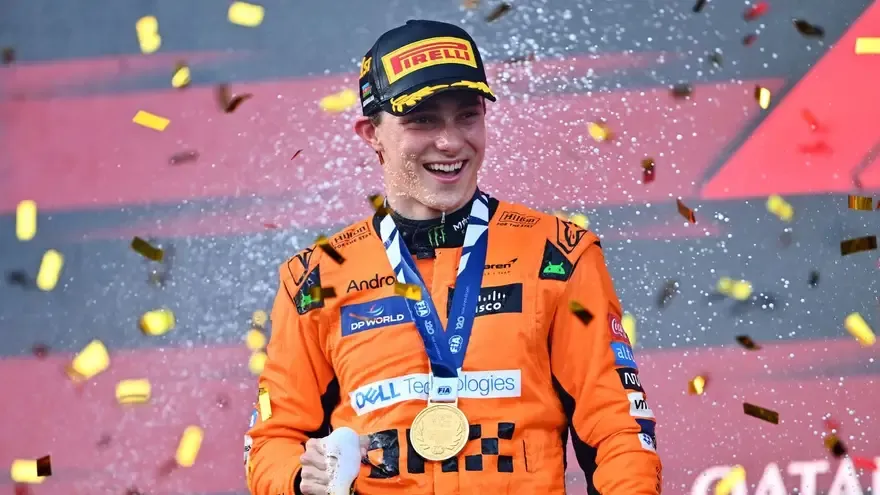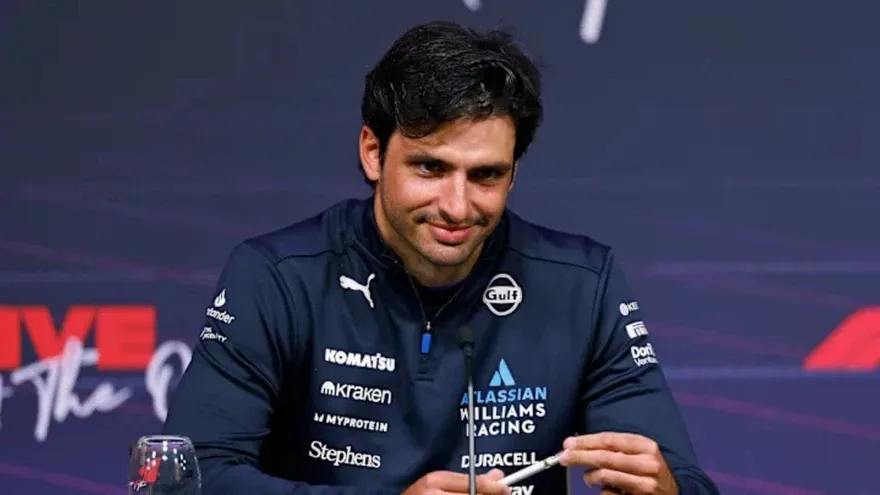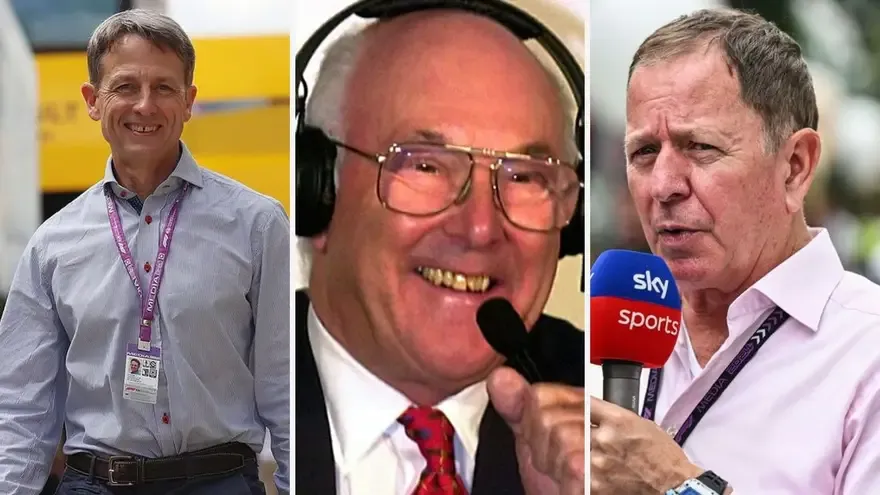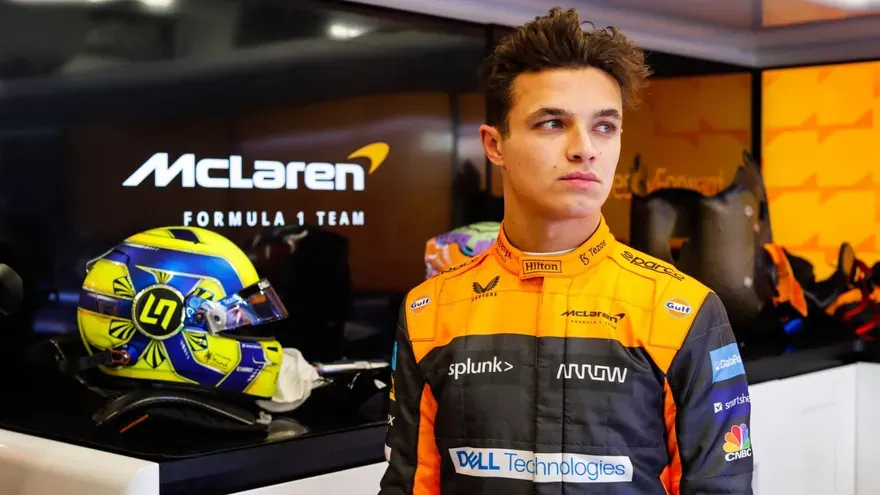If you observe Lewis Hamilton’s pre-race rituals, you will notice a lady attending to every detail, from carrying his helmet and gear to ensuring he’s hydrated to psyching him to a state of battle readiness. Observe these minute details while streaming F1 online and watch the races and much more related to F1. The season is just about to start in a few days.
Long before Lewis Hamilton hit the grid in whatever country Formula 1 decamps Angela Cullen, a Switzerland-based New Zealander will have sorted the five-time champion’s diet and sleep patterns, overseen convenient travel plans, and freed his mind to concentrate on the formidable tasks that separate world champions from those who don’t even make it to the top-level despite having outer-worldly talents.
Although an integral part of Team Hamilton, Angela is employed by Hintsa Performance and seconded to the driver. She’s one of over a dozen Hintsa-appointed ‘minders’ or performance coaches in the paddock, all charged with keeping their drivers in top condition: mentally, physically, and psychologically.
“Angela comes from a musculoskeletal therapies background and she’s very good at that,” explains Dr. Luke Bennett, the 46-year-old CEO of Hintsa Performance (Motorsport), originally founded in the nineties by Dr. Aki Hintsa, a Finnish orthopedic and trauma specialist.
In this article, Let’s know in detail about the F1 performance coach requirements and roles.
F1 Performance Coach Requirements:
Typically, coaches working with F1 divers would hold an MSc in Strength and Conditioning (or similar) and may have additional qualifications or another Master's degree in Physiotherapy, plus have 5-10 years of previous work experience in coaching high level athletes.
More specific requirements for working in F1:
Minimum 3 years experience of working with elite athletes
Minimum Masters degree in sports science or related subject
Expertise in an an area of nutrition, S&C, psychology or physiotherapy
Ability to coach, deliver training programmes, and track and monitor performance
The right 'match' for the driver. The F1 team and driver have a role to play in deciding which coach they would like to work with
Why do F1 drivers have performance coaches:
Not just fitness, Performance Coaches help drivers adjust to every aspect of motorsport-inspired by what they see, physical activity, nutrition, recovery, biomechanics, mental energy, and general health revolve around a ‘core’, which comprises identity, goals, and control.
According to Dr. Luke Bennett,
“The rest of the season consists of opportunistic interventional work in small blocks, two, three or four days at the most, where we keep topping up physical fitness. So the drivers arrive in good shape.
The performance coaches will be managing the program, the media day, and liaising with team staff, marketing staff, looking at schedules and, depending on where the season is at and where the championship is at, perhaps tweaking that in collaboration with the team.
“They make sure the appropriate meals are served at the appropriate time, keep the drivers hydrated, get them to bed at the appropriate time – all these little things that add up to a championship performance.” They even operate special routines to combat jet lag.
Role of F1 performance coaches:
A big part performance coaches play is in helping F1 drivers to integrate properly into this complex motorsport culture; managing their families; often there are strong parental influences around motorsport; their key relationships with engineers and team management. These things make a real difference to performance on the track over the long term.”
The core areas can be defined as “physical preparation, sleep, nutrition – and biomechanics separately – general medical, health care, and then mental energy – managing a driver’s cognitive mode not only over a race weekend but over a season.
F1’s growing calendar adds to the strain on drivers. 80% of the job of the coaches on a race weekend is keeping the driver in the right frame of mind, and managing their time and all of the demands that are around them.
Also, every driver is an individual and comes with their own set of strengths and weaknesses. So performance coaches have to adjust accordingly.

